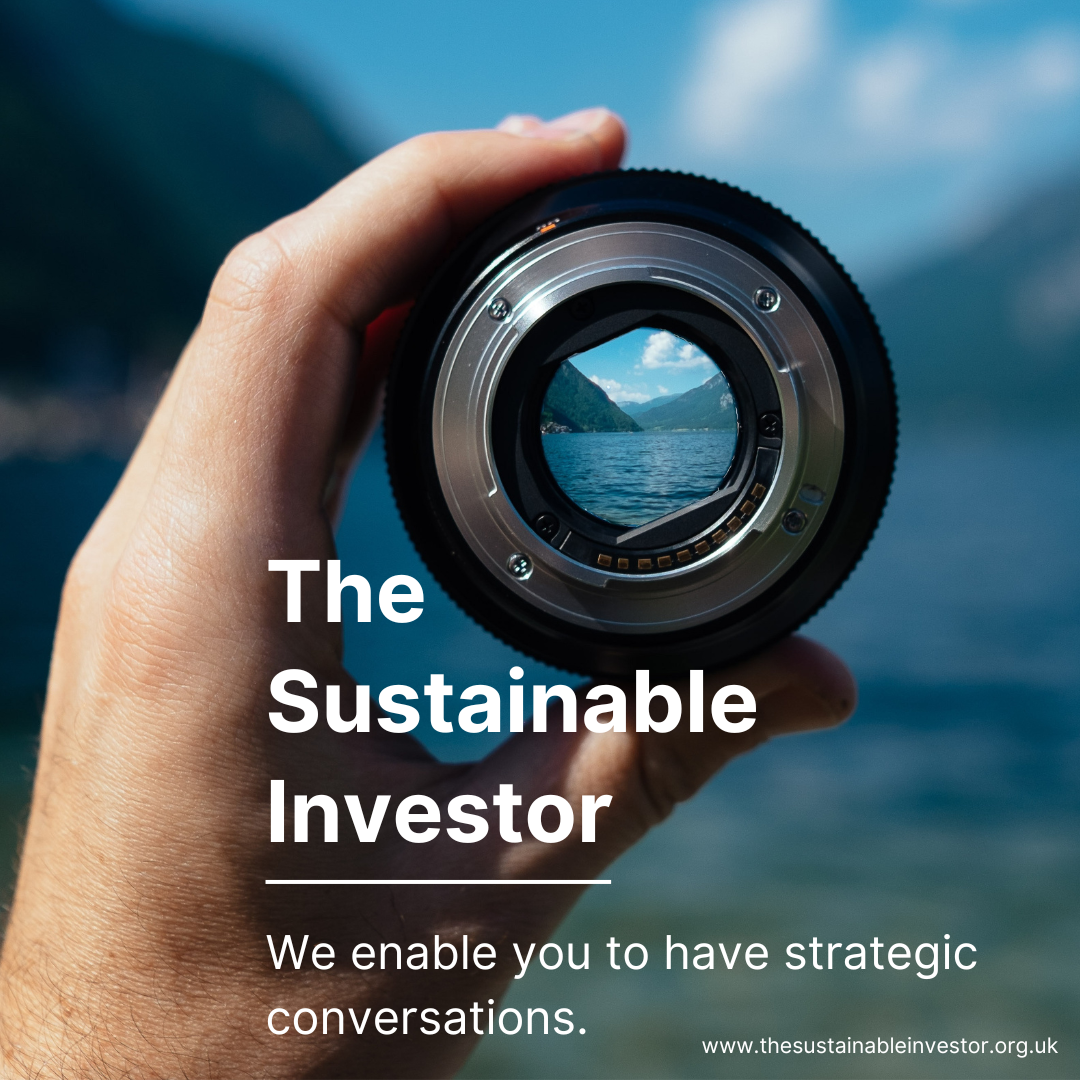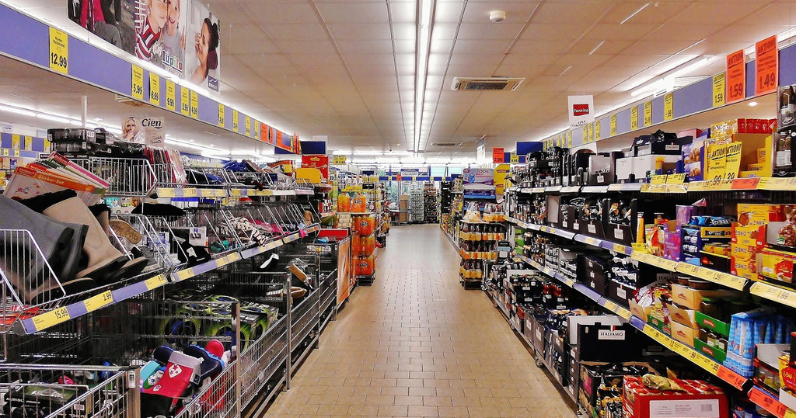
A focus on measurement to reduce food waste
Wasted food that ends up in landfills is a big GHG emissions problem. But there are ways in which we can be helped to reduce that waste in our own homes.
Summary: A study found that using meal boxes which precisely measure ingredients can lead to a 38% reduction in food waste from households.
Why this is important: 8-10% of global GHG emissions are associated with food that is not consumed and ends up in landfills. In the UK, per capita food waste per annum in households is the same as my body weight!
The big theme: Waste has been an inevitable problem of the traditional linear production and consumption model. Reducing and eliminating waste is a big area for decarbonisation in energy and finished goods such as food - waste less, consume less, generate less. What we do with that waste can also contribute to harmful emissions. Food waste entering landfills, for example, is estimated to generate between eight and ten percent of global GHG emissions. The circular economy and other recycling paradigms offer one route. Other innovations from the technological to the economic to the behavioural can also help.
If you are not a member yet, to read this and all of our blogs in full...

The details
Summary of a story from The Journal of Cleaner Production:
A study across six countries (UK, Netherlands, Germany, Belgium, Canada and the US) found that the use of meal boxes (containing precisely measured ingredients and recipes) reduced total meal waste by 38% compared with meals cooked with store-bought ingredients. In particular the amount of food left in pots and pans was reduced by 34%. Interestingly the amount of food wasted as leftovers on plates was increased by 15% with meal box dinners.
Let's take a look at why this is important...
Why this is important
The amount of household food waste may surprise you. It is much higher than retail food waste. According to the UNEP’s Food Waste Index 2021 report, the estimated household food waste per capita is 59kg in the United States, 77kg in the UK (that’s one of Sandy!), 81kg in Sweden, 64kg in China and 102kg in Australia.
Despite this waste, the World Food Programme estimates that 828 million people go to bed hungry every night across the globe and even in countries like the UK, it is estimated that 4.7 million adults struggle to afford to eat every day. This is a huge social problem that has knock on effects to education, health and ultimately productivity. Environmentally it is also important. The UNEP estimates that between eight and ten percent of global GHG emissions are associated with food that is not consumed and ends up in landfills.
There are a number of problems to solve. Firstly, reducing the amount of ingredients that are not used - this is essentially the key finding from the study. Meal boxes do this for the consumer but the consumer can also take control. More accurate measurement or using frozen ingredients, either shop bought or prepped (for example chopping and freezing onions), makes it easier to use only the exact amount needed when cooking. There are ways to be more energy efficient when freezing. Check this out, which we shall cover in a more extensive blog - ischoric versus the traditional isobaric.
Secondly, the issue of food left on the plate can be solved by a combination of portion control (behavioural) and having adequate food storage (I remember Korea’s LocknLock from my Asia days).
Thirdly, stopping the food waste getting to landfill where it can release GHGs. Home composting (particularly with aerobic digesters) or municipal composting (particularly with some form of methane capture) will typically have a lower GHG footprint than landfill. Social enterprises such as The Felix Project collect surplus food from retail stores including supermarkets and turn it into pre prepared meals for those in need.
Overall, monitoring what we consume, and minimising what we waste could have social, environmental and economic benefits.
Something a little more bespoke?
Get in touch if there is a particular topic you would like us to write on. Just for you.
Contact us
Please read: important legal stuff.

